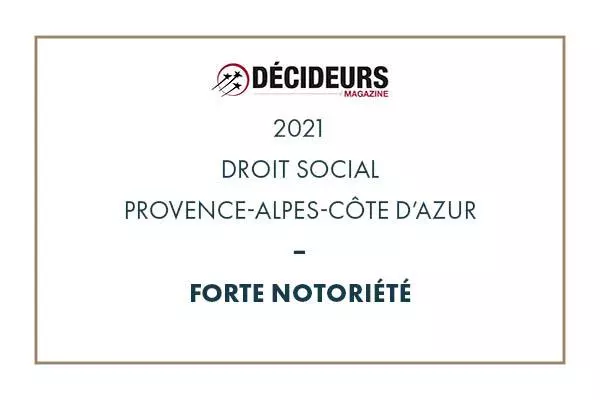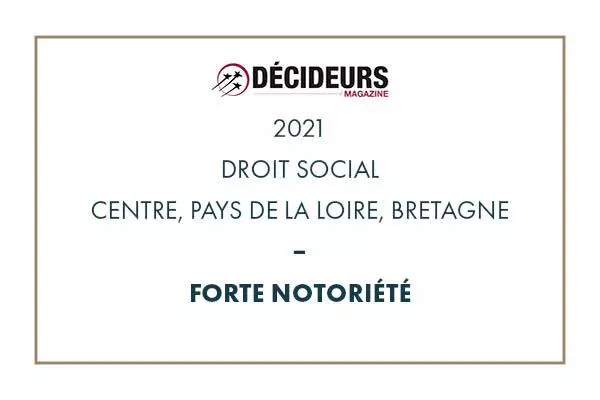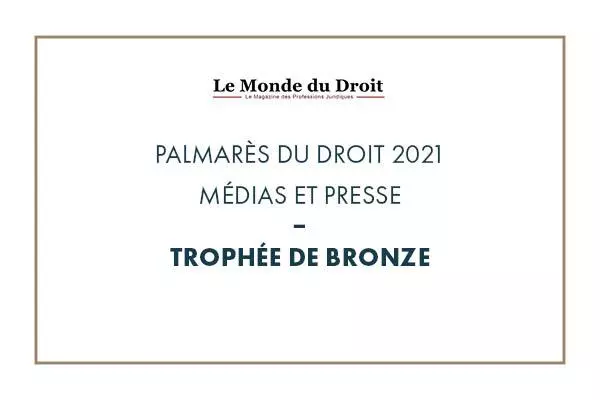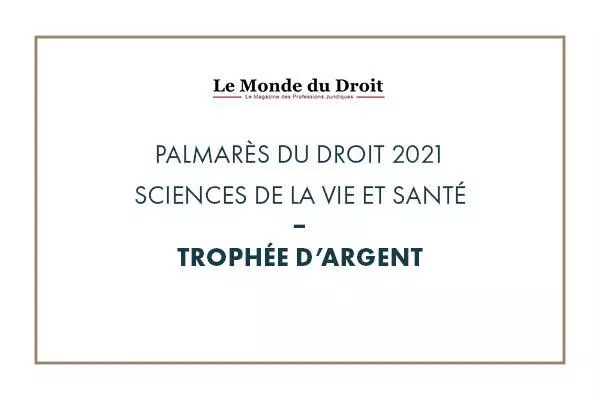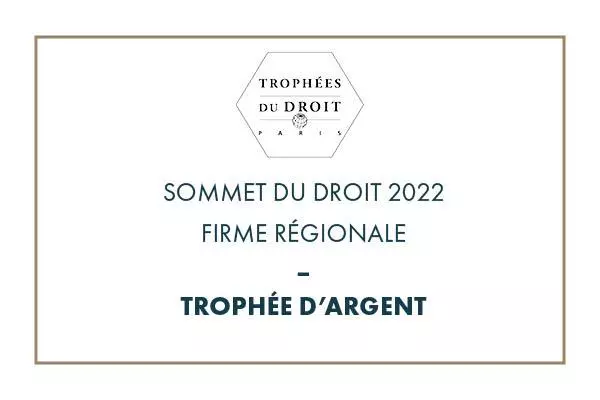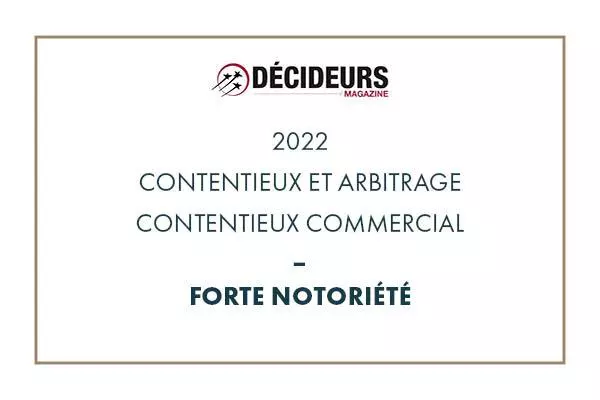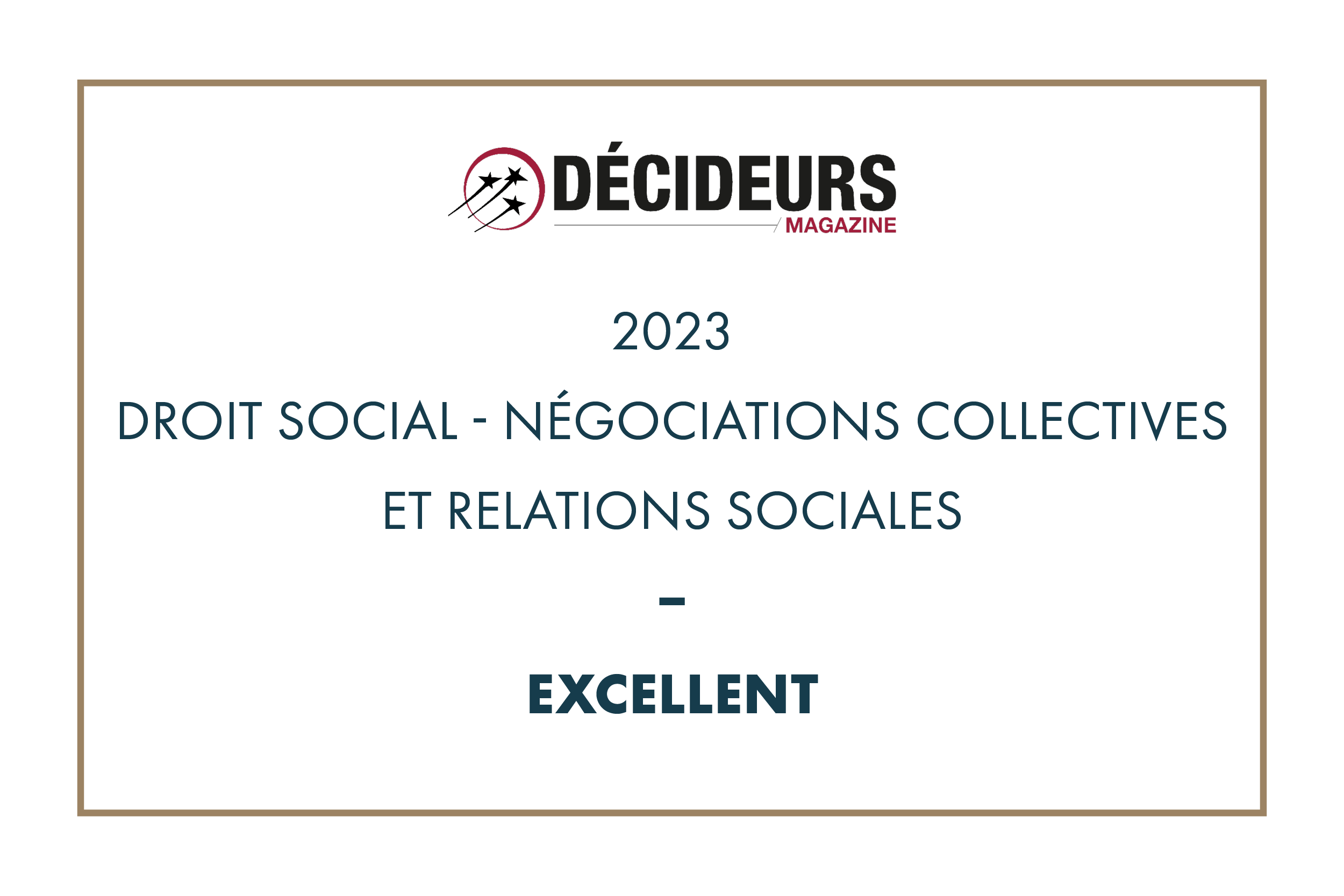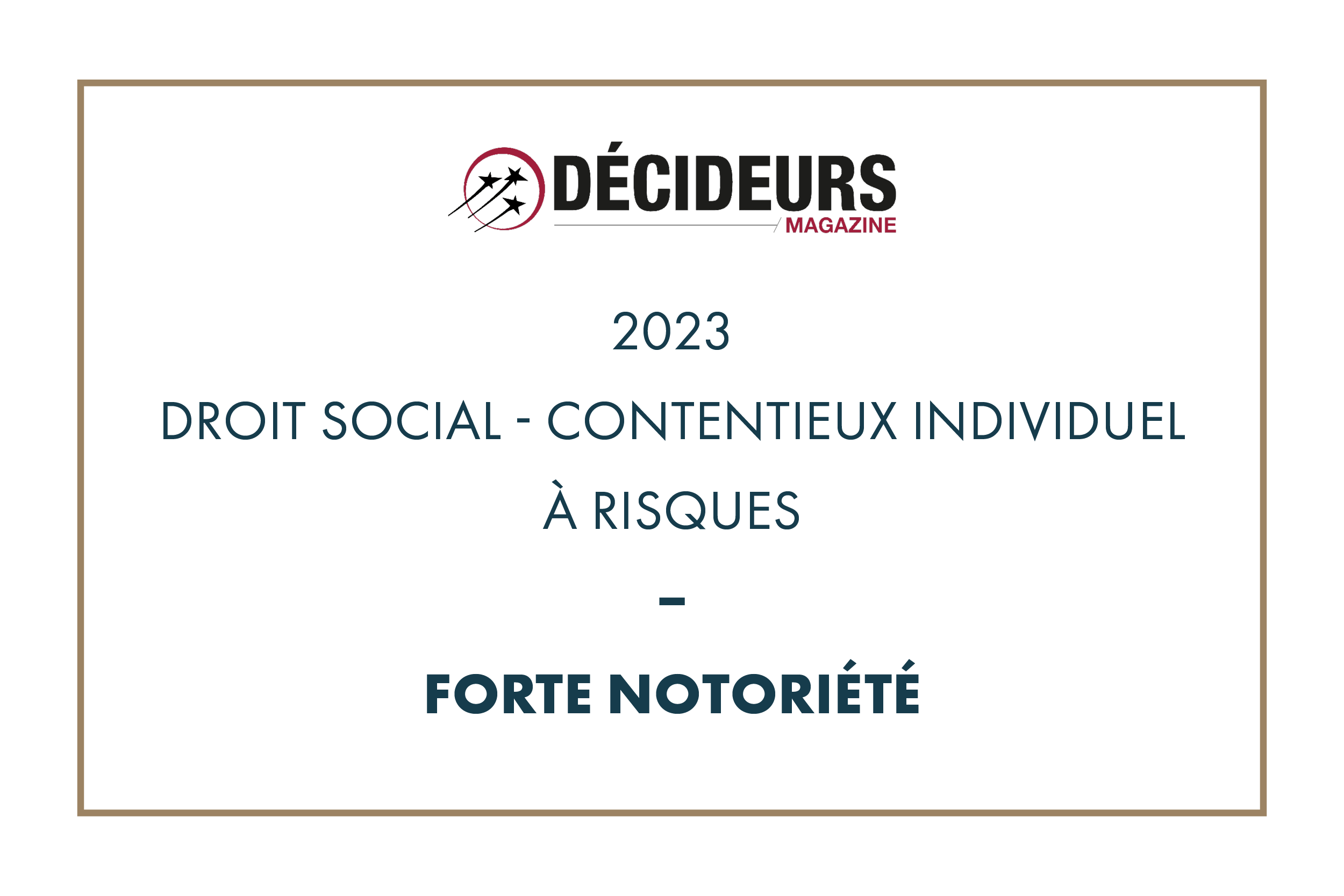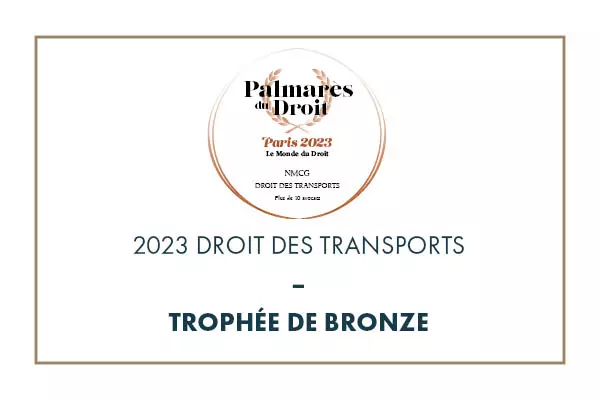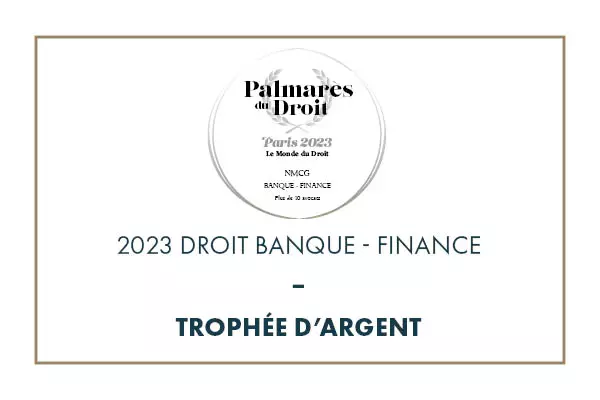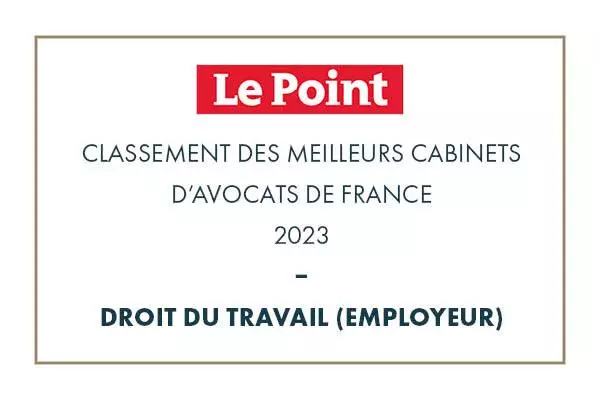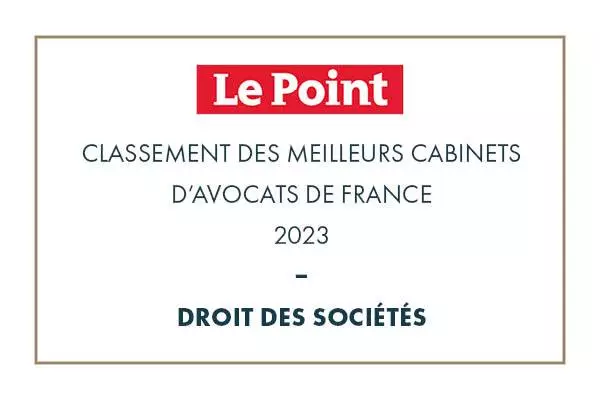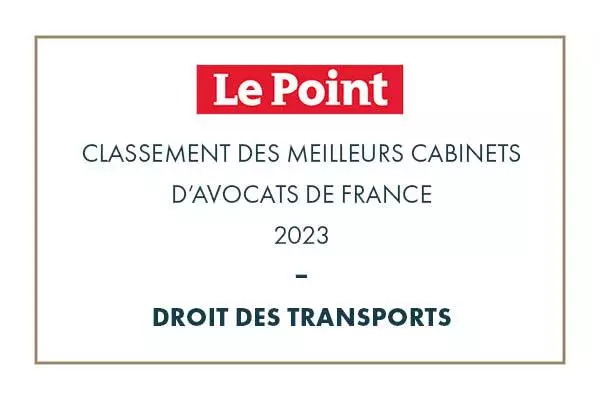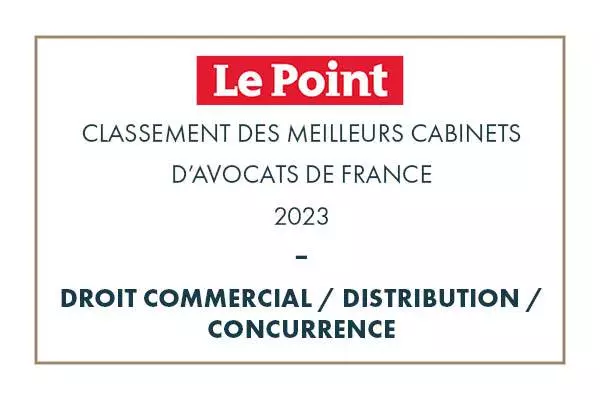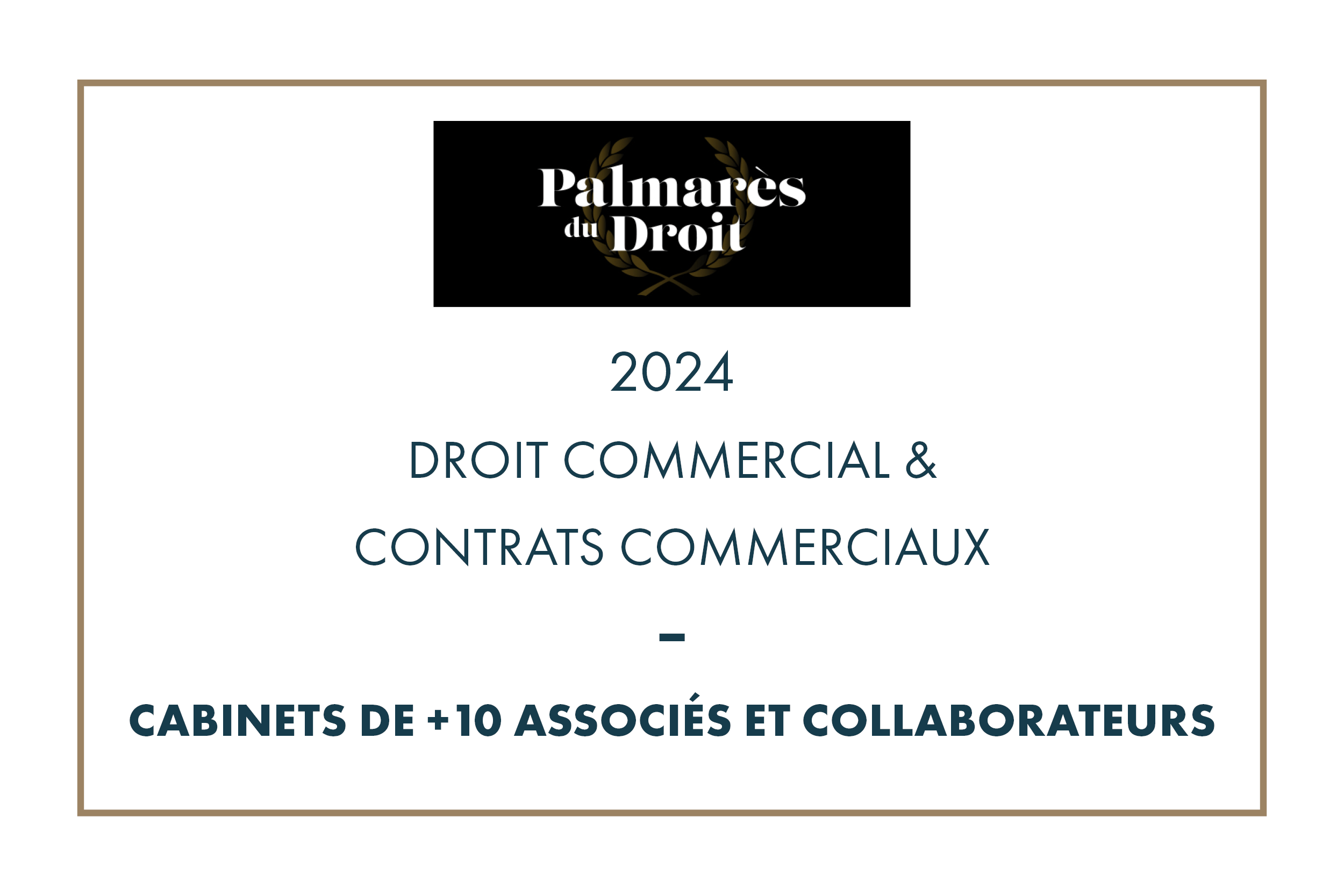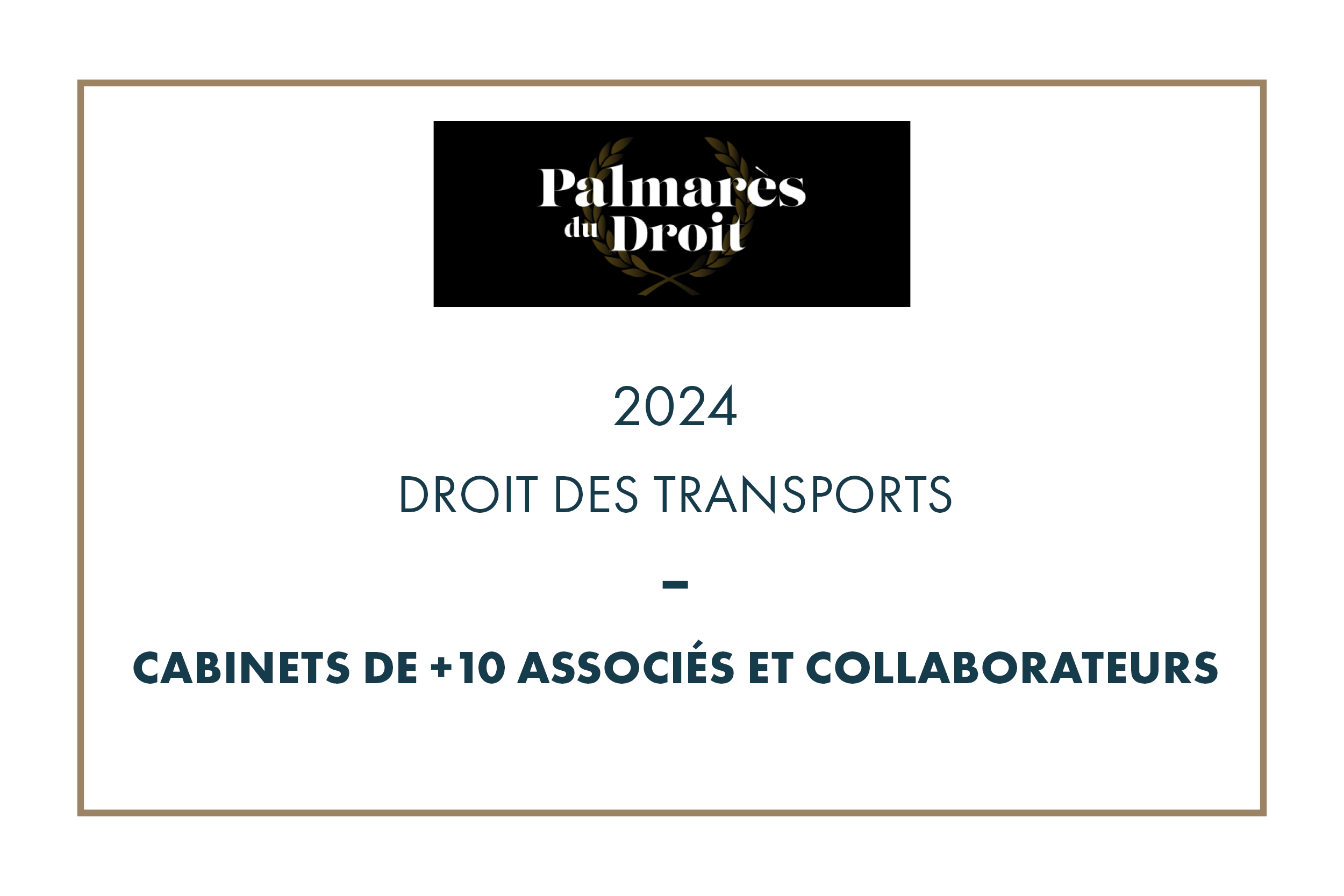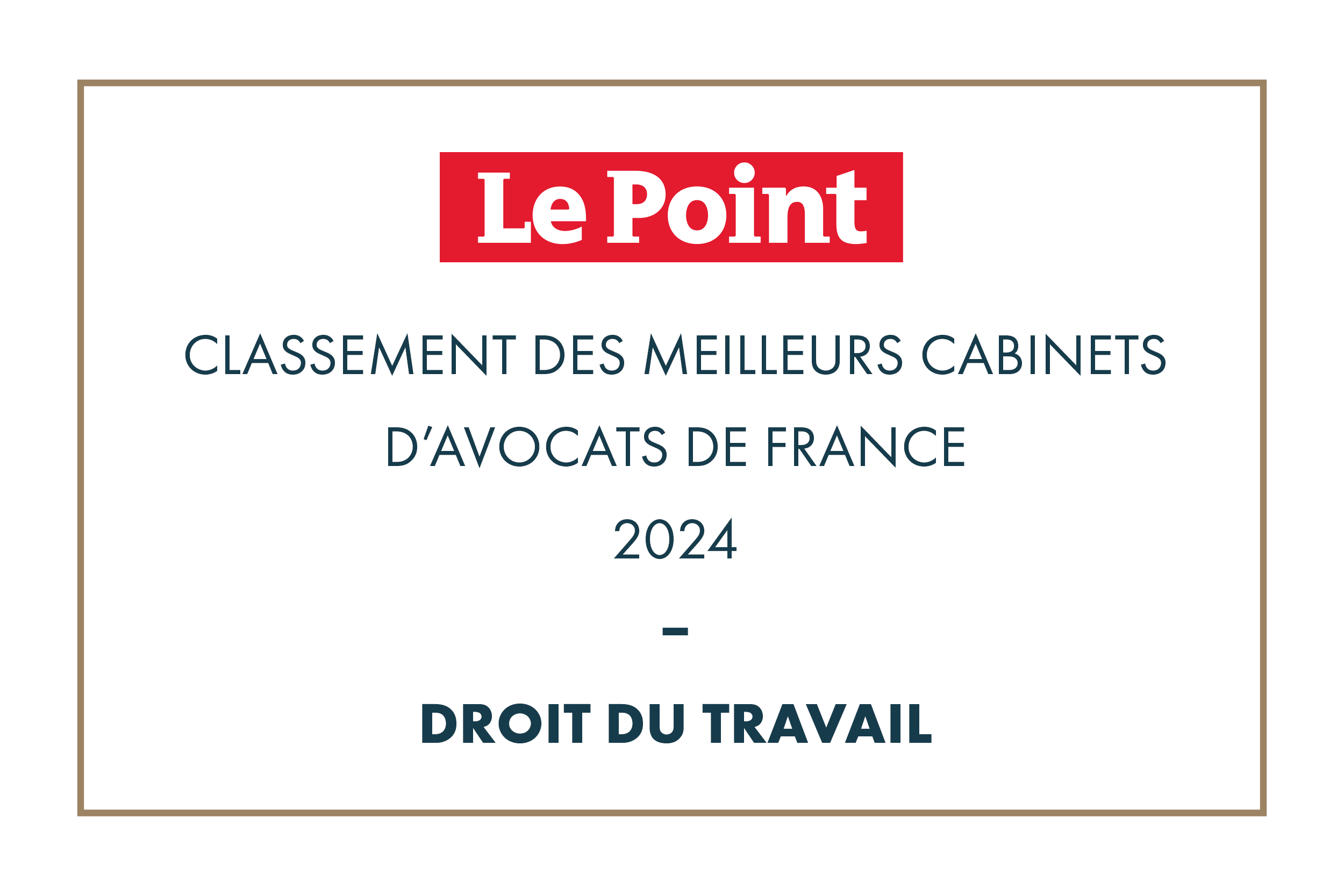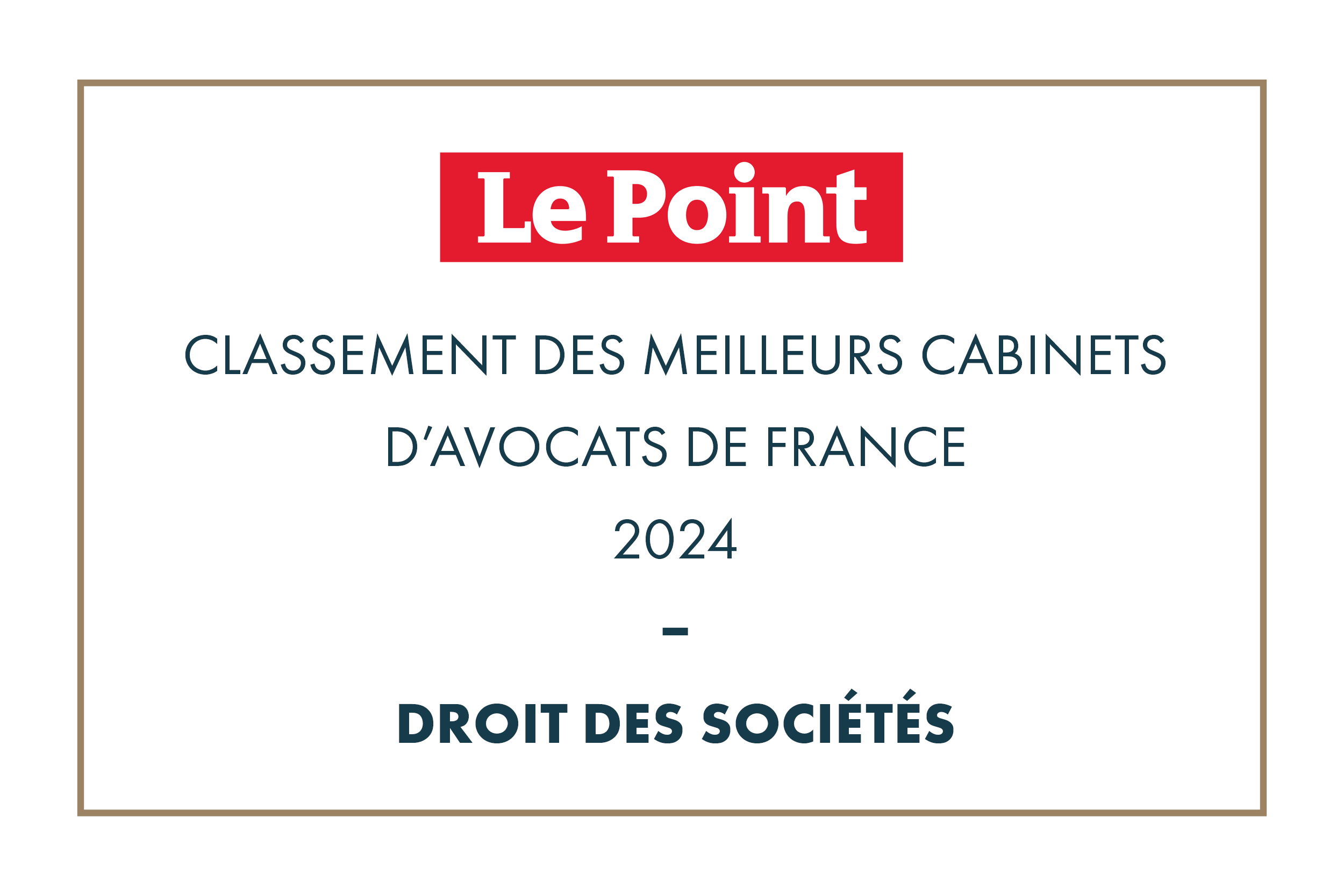Lawyer profile: Noémie Naudon
26 July 2024
- You’re particularly fond of football, which is a team sport. How is this team spirit reflected in your work with your colleagues at NMCG Avocats?
The notion of teamwork, which is inherent in team sports, is a daily feature at NMCG, whether it’s with my ‘co-bureau’, the other associates of the ‘ABN social’ team or, more generally, the members of the firm. First and foremost – of course – with the female associates with whom I share my office, who are also part of ‘Team ABN’. We talk very frequently and in real time about practical/strategic issues that may arise in the course of dealing with our respective cases. On certain subjects, I really appreciate being able to get their opinion, their feelings on a given situation, to find out how they would proceed, etc. And conversely, I try to share my experience and my opinion with them as relevant as possible, whether on technical or more traditional subjects. This invaluable sharing of knowledge, which is one of the corollaries of this team spirit, is also found on a daily basis with the other members of ‘Team ABN’, both associates and trainees, as well as the partners, Arnaud and Sonia, with whom we can easily exchange ideas and brainstorm on cases. Finally, since the firm has the advantage of being a multi-disciplinary business law firm, there is also exchange with the other teams, in corporate law, commercial law or tax law, when certain cases call for cross-disciplinary questions. And of course, beyond these purely legal exchanges, there are also (and fortunately) some good laughs and discussions on subjects that are not at all ‘legal’. In my view, these moments of relaxation are just as important, and they help to cement the team spirit that is so essential to the efficient handling of our cases.
- Can you tell us about that unforgettable first day when, having just arrived a few hours earlier, you had to defend a case in criminal employment law?
That was more than 9 years ago… It was 15 June 2015. I had just arrived at the firm, so it was my 1st day (even though I already knew the firm, having been lucky enough to do my final internship there 5 years earlier). In the end, the day was a reflection of my time at NMCG: rewarding, formative and exciting. Having never tried a criminal case before, it was a memorable 1st day! But fortunately I was able to count on the sound advice of Arnaud (Blanc de la Naulte) before I left for the Tribunal, who has the invaluable habit of answering your questions as if he were pleading a case. This is of course a fundamental source of inspiration and motivation, and allows you to approach a delicate hearing with greater confidence. In fact, I remember winning damages for the civil party we were assisting, which enabled me to return to the firm with peace of mind (laughs).
- How would you describe your style of advocacy?
I would say focused and forceful. ‘First of all, ‘framed’, because in my opinion it is essential, when defending a case, for the lawyer’s speech to be constructed, so that the judges understand his reasoning and, de facto, the arguments he puts forward. Clearly, there is no question of going off in all directions without any common thread. This also means teaching the judges (to a greater or lesser extent, without any value judgement, depending on whether they are lay labour tribunal members or professional judges). Secondly, you need to be ‘hard-hitting’ if you want to captivate your audience and strengthen your power of conviction. In my experience, having had the opportunity over 14 years to listen to many pleadings (whether from my opponents or from colleagues or union defenders whose cases were called before mine), if the tone adopted is monotonous or hesitant, the judges are more likely to ‘lose interest’ in the pleading, or even to cut the litigant off by asking him to speed up. On the other hand, a well-paced, well-supported and well-controlled argument, with judiciously-placed key arguments, punctuated by the judges’ questions about the important parts of the case, is more likely to keep their attention and, ultimately, to win their conviction and thus obtain good decisions for our clients. That’s what I try to achieve at every argument. This means that I have to do a lot of preparatory work beforehand, which is essential if I am to master my subject on the big day and gain in confidence and persuasiveness.
- NMCG Avocats has developed a CSR policy that includes initiatives for the well-being of employees and the environment. What do you think of the firm’s CSR approach, which takes these two aspects into account?
I support it and encourage all companies to commit to such an approach, whether – obviously – for the well-being of employees (at NMCG, we have free sports lessons for employees, a fully-equipped gym, fruit baskets with ‘imperfections’, etc.) or for the environmental aspect. I’m personally committed to limiting food waste, resource consumption, etc., so it’s only logical and consistent that I should do the same at the office.
- Have you ever considered changing your specialism? Why or why not?
While the idea may seem appealing, in my view it is very difficult to envisage once you have embarked on a specialism, in my case employment law, especially after more than 14 years. It’s not impossible, but at the very least it would require you to go back to ‘basic’ training in the subject concerned, and the first few years of practice that would follow would be the equivalent of junior associate years, since they would involve the practical acquisition of the theoretical knowledge integrated upstream. This seems difficult to achieve, especially when the lawyer makes this change after several years at the bar. However, when I was still at the Ecole des Avocats, at the end of my Master II in Business Law – DJCE (Diplôme de Juriste Conseil d’Entreprise), I hesitated quite a bit between tax law and employment law. After weighing up the advantages/disadvantages of each subject, I finally opted for the one that I felt would allow me to discover all the facets of the legal profession, in particular advocacy, which would have been much less present, if not almost non-existent, in tax law. The human side also made me prefer employment law, even though I really liked the technicalities of tax law.
- What unexpected skills have you acquired through your work as a lawyer that are useful in your personal life?
There are several that apply to me. I’d say self-confidence and assertiveness – linked to the pleading I do as part of my job as a lawyer – but also tenacity, these three qualities being assets both in the legal profession and in my personal life.
- Do you have a specific morning routine to get your day off to a good start?
I don’t really have a specific routine, but my non-hearing days always start with a good coffee (with the family), then I take my son to school, then I head for the office.
- How does your Sunday running routine help you manage the stress inherent in your profession as a lawyer?
For me, sport is the best way to relieve the pressure and stress that are part and parcel of a lawyer’s day-to-day life. Running on Sunday mornings allows me to clear my head, and then go into the week feeling calmer and more positive. It’s a virtuous circle that I try to follow.




